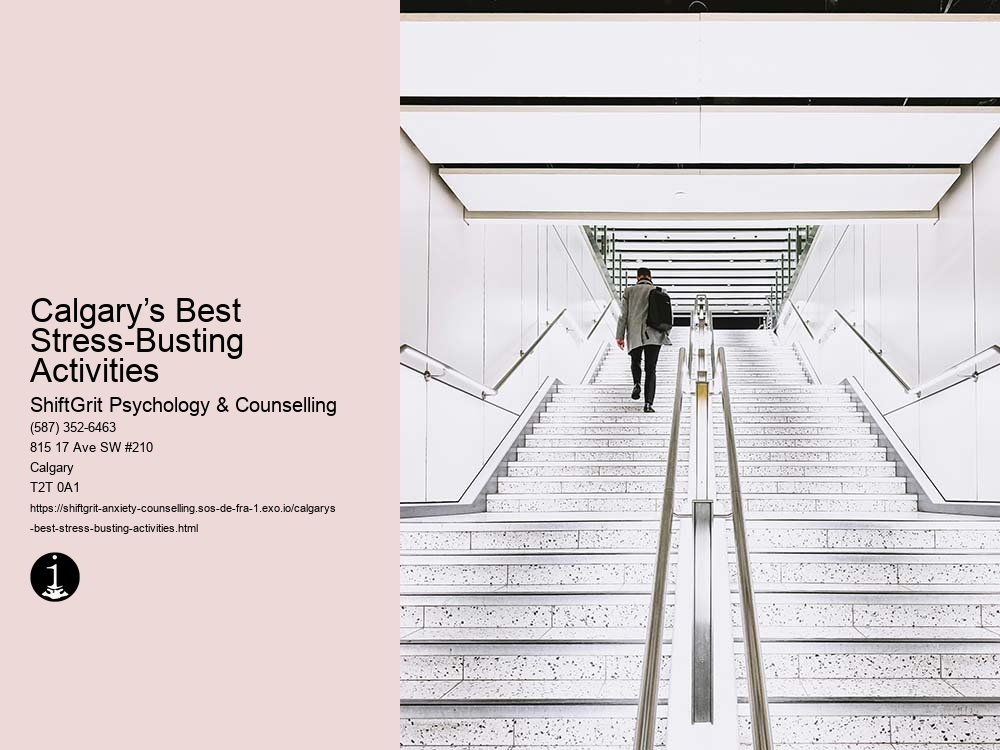Panic attacks are sudden periods of intense anxiety and pain that might consist of palpitations, or else specified as a rapid, irregular heart beat, sweating, upper body pain or discomfort, lack of breath, trembling, dizziness, feeling numb, confusion, or a sense of foreshadowing doom or loss of control. Generally, these symptoms are the worst within 10 mins of beginning and can last for about half an hour, though they can differ anywhere from secs to hours. While they can be extremely distressing, anxiety attack themselves are not literally hazardous. The Analysis and Statistical Manual of Mental Disorders, 5th Edition (DSM-5) defines them as "an abrupt rise of extreme worry or intense discomfort that reaches an optimal within mins and throughout which time four or more of the following symptoms take place." These signs and symptoms consist of, but are not restricted to, the ones discussed above. Panic attacks function as a pen for evaluating seriousness, training course, and comorbidity (the synchronised existence of 2 or more diagnoses) of different conditions, consisting of stress and anxiety disorders. Thus, anxiety attack can be put on all conditions found in the DSM. Anxiety attack can be triggered by a recognizable source, or they may occur with no warning and without a specific, recognizable circumstance. Some known reasons that enhance the threat of having a panic attack consist of clinical and psychiatric conditions (e. g., panic attack, social anxiousness disorder, post-traumatic stress disorder, material usage problem, anxiety), compounds (e. g., nicotine, caffeine), and mental stress. Prior to making a diagnosis, medical professionals seek to get rid of other problems that can generate comparable signs and symptoms, such as hyperthyroidism (an overactive thyroid), hyperparathyroidism (an over active parathyroid), heart problem, lung illness, and dysautonomia, illness of the system that regulates the body's uncontrolled procedures. Therapy of anxiety attack need to be directed at the underlying cause. In those with regular attacks, counseling or drugs may be utilized, as both preventative and abortive procedures, ones that stop the attack while it is happening. Breathing training and muscle mass leisure strategies may also be useful. Panic attacks commonly appear frightening to both those experiencing and those witnessing them, and often, people have a tendency to believe they are having cardiovascular disease because of the signs and symptoms. Nonetheless, they do not cause any kind of genuine physical injury. Previous studies have actually suggested that those that suffer from anxiety-related conditions (e. g., panic disorder) go to greater threat of self-destruction. In Europe, approximately 3% of the population has an anxiety attack in a given year, while in the United States, they influence concerning 11%. Panic attacks are a lot more prevalent in women than males and frequently start throughout adolescence or early adulthood. Children and older adults are much less typically affected.
.



